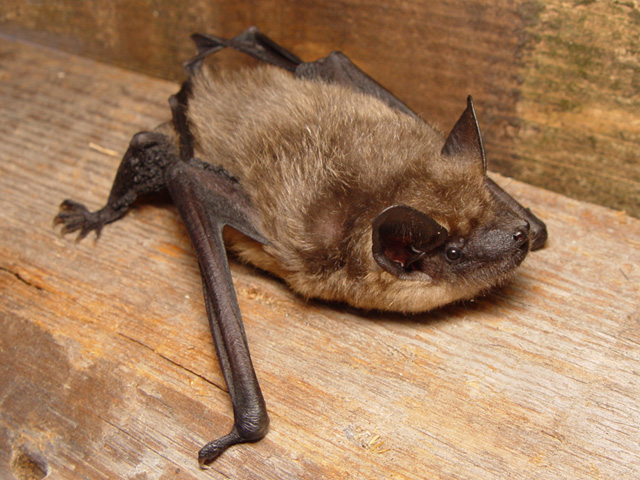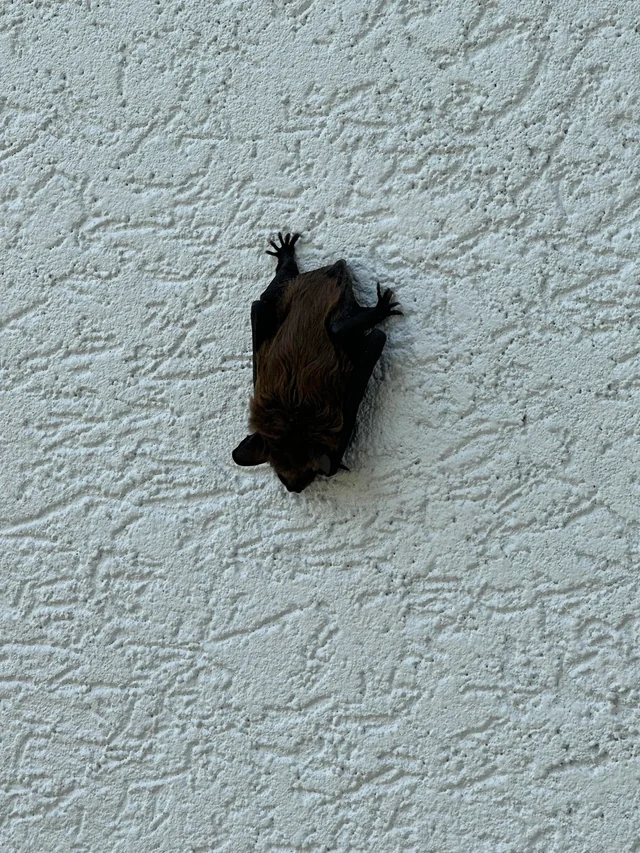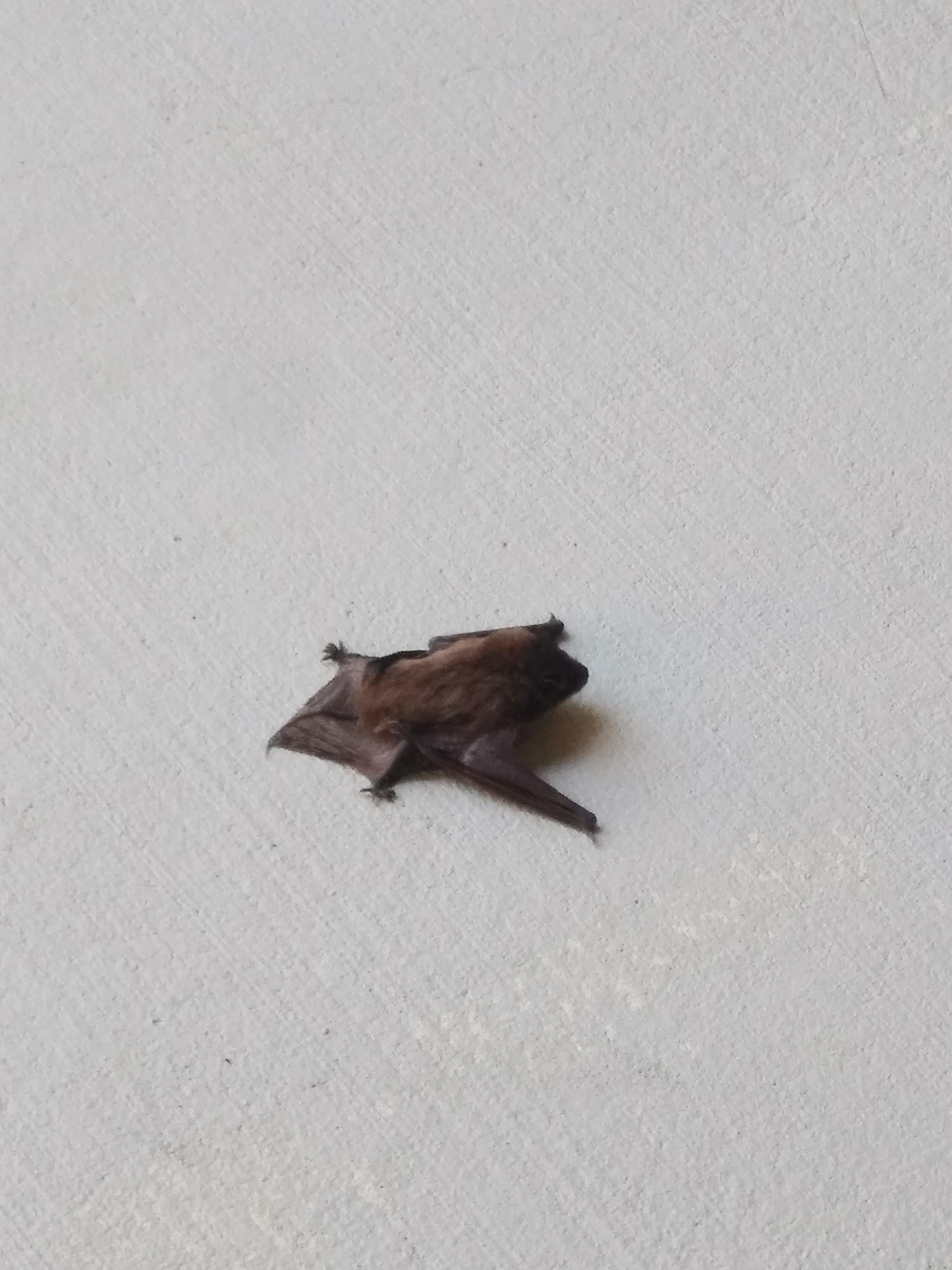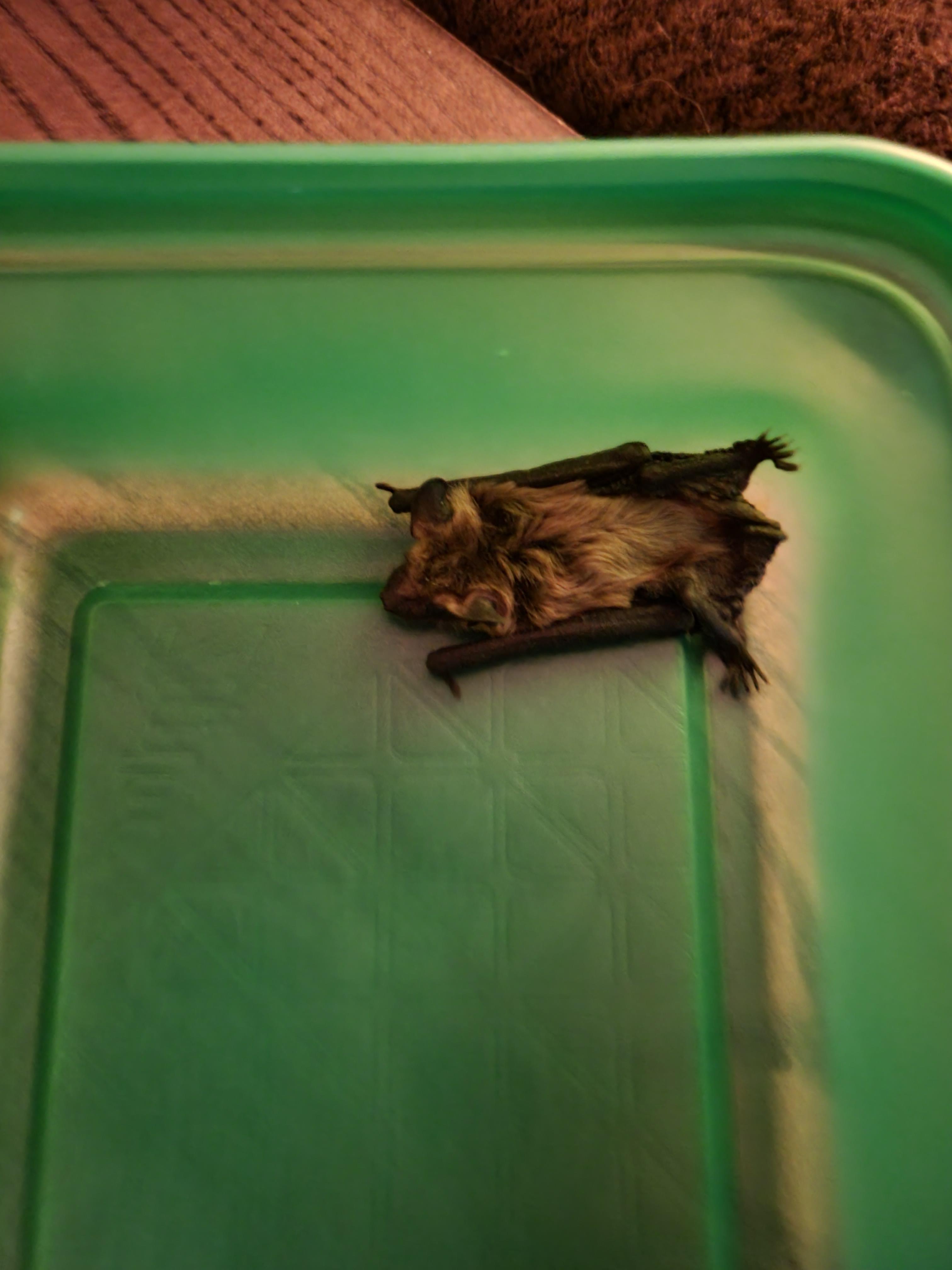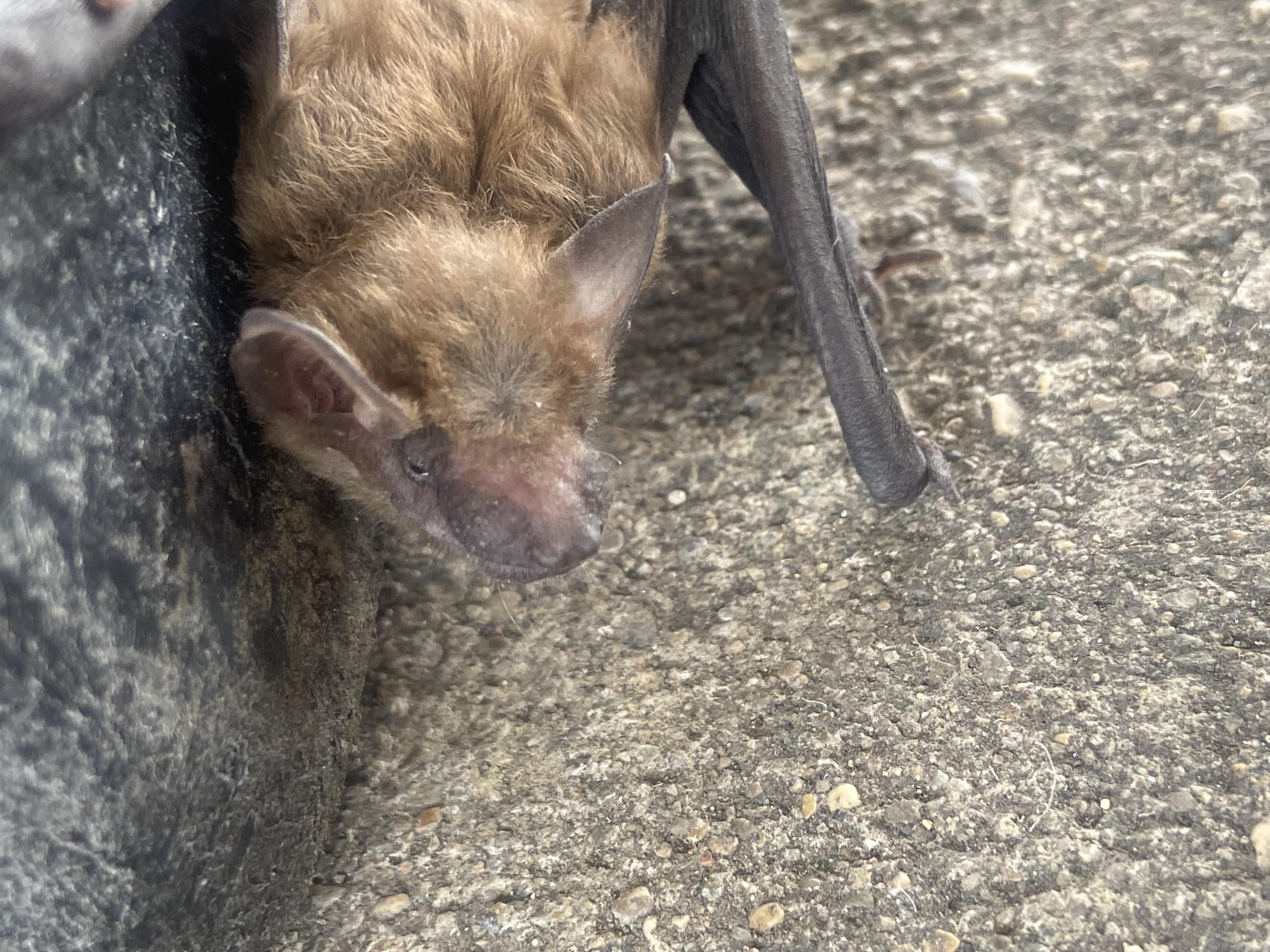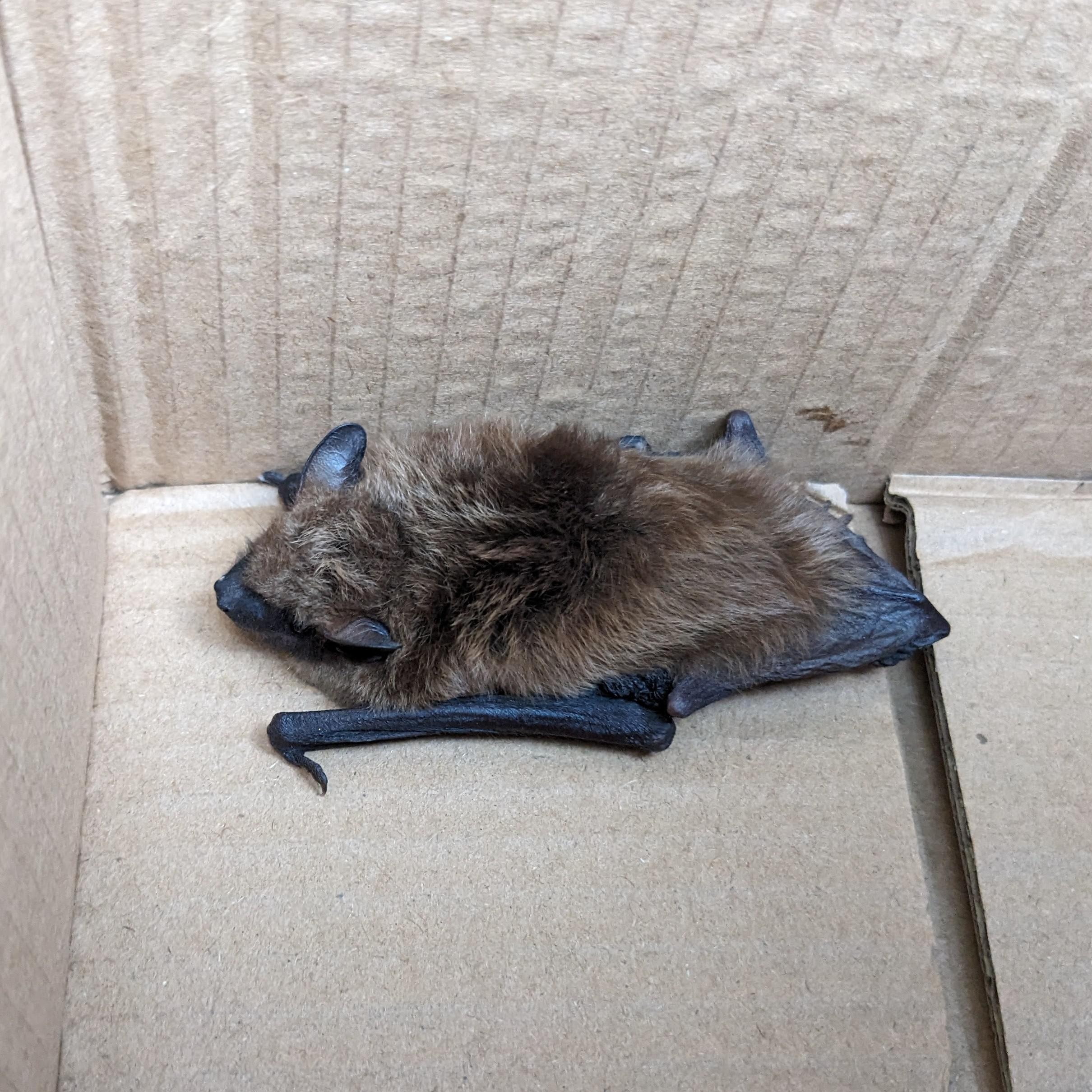Bat guano, the accumulated excrement of bats, poses several health risks to humans, primarily due to the diseases it can carry. While bats are beneficial for the ecosystem, their droppings can be hazardous. Rabies Rabies is a fatal disease associated with bats, but the risk of transmission to humans is relatively low. Only about 5% of bats tested for rabies are found to be infected. However, there has been increased concern about rabies transmission following contact with bats. If a bat is found injured or ill, it should be removed carefully, using tools rather than direct contact, to avoid bites that could transmit rabies 1 . Histoplasmosis A more significant health concern associated with bat guano is histoplasmosis, an infection caused by inhaling spores of the fungus Histoplasma capsulatum, often found in bat droppings. This disease can damage the lungs severely, leading to symptoms like high fever, blood abnormalities, and pneumonia. In severe cases, histoplasmosis can spread beyond the lungs, affecting various parts of the body, including the liver, central nervous system, and adrenal glands. If untreated, disseminated histoplasmosis can be fatal . Other Infectious Diseases Bat guano can also harbor other pathogens, posing additional health risks. For example, the fungus Cryptococcus neoformans, found in bat droppings, can cause cryptococcosis, a fungal infection that can be a health risk, especially for workers who disturb accumulations of bird or bat droppings . Moreover, bat guano is known to be a reservoir for pathogenic fungi harmful to animals and humans, including species like Candida, Geomyces, Microsporum, Trichosporon, and Trichophyton . Precautions Given these risks, it's crucial to handle bat guano with care. Avoiding direct contact with bat droppings and wearing protective gear when in areas where bat guano is present are important preventive measures . If you encounter a bat, it's best to avoid contact and seek medical care if you've been bitten or scratched. For those who need to remove a bat from a living space, using tools like a plastic tub and cardboard, while wearing thick gloves, can help avoid direct contact and minimize the risk of disease transmission . In conclusion, while bats play a vital role in our ecosystems, their guano can pose significant health risks to humans. Awareness and proper handling precautions are essential to minimize these risks.
